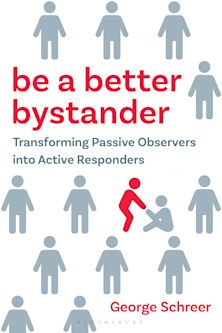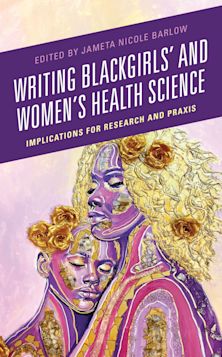A People’s History of Psychoanalysis
From Freud to Liberation Psychology
A People’s History of Psychoanalysis
From Freud to Liberation Psychology
Description
As inequality widens in all sectors of contemporary society, we must ask: is psychoanalysis too white and well-to-do to be relevant to social, economic, and racial justice struggles? Are its ideas and practices too alien for people of color? Can it help us understand why systems of oppression are so stable and how oppression becomes internalized? In A People’s Historyof Psychoanalysis: From Freud to Liberation Psychology, Daniel José Gaztambide reviews the oft-forgotten history of social justice in psychoanalysis. Starting with the work of Sigmund Freud and the first generation of left-leaning psychoanalysts, Gaztambide traces a series of interrelated psychoanalytic ideas and social justice movements that culminated in the work of Frantz Fanon, Paulo Freire, and Ignacio Martín-Baró. Through this intellectual genealogy, Gaztambide presents a psychoanalytically informed theory of race, class, and internalized oppression that resulted from the intertwined efforts of psychoanalysts and racial justice advocates over the course of generations and gave rise to liberation psychology. This book is recommended for students and scholars engaged in political activism, critical pedagogy, and clinical work.
Table of Contents
Preface
Introduction: “A Recovery of Historical Memory”: Old Questions and New Horizons
Chapter 1: “A Tool to Achieve Power”—Colonialism, Anti-Blackness, and Anti-Semitism
Chapter 2: “A Sort of Inner Revolution”—Freud, Ferenczi, Fenichel, and Fromm
Chapter 3: “For Justice, For Equal Treatment for All”—Freud as Proto-Postcolonial Theorist
Chapter 4: “The Possibility of Love”—Black Psychoanalysis from Harlem to Algeria
Chapter 5: “A Loving Encounter of People”—Freud, Marx, Freire and the Afro-Latinx Origins of Concientizacao
Chapter 6: “To Recognize Ourselves in Our Reality”—Liberation Psychology as Political Mentalization
Conclusion: “A Preferential Option”
Bibliography
Index
About the Author
Product details
| Published | Dec 09 2019 |
|---|---|
| Format | Ebook (PDF) |
| Edition | 1st |
| Extent | 1 |
| ISBN | 9781978749498 |
| Imprint | Lexington Books |
| Illustrations | 1 b/w illustrations; |
| Series | Psychoanalytic Studies: Clinical, Social, and Cultural Contexts |
| Publisher | Bloomsbury Publishing |
Reviews

ONLINE RESOURCES
Bloomsbury Collections
This book is available on Bloomsbury Collections where your library has access.



































